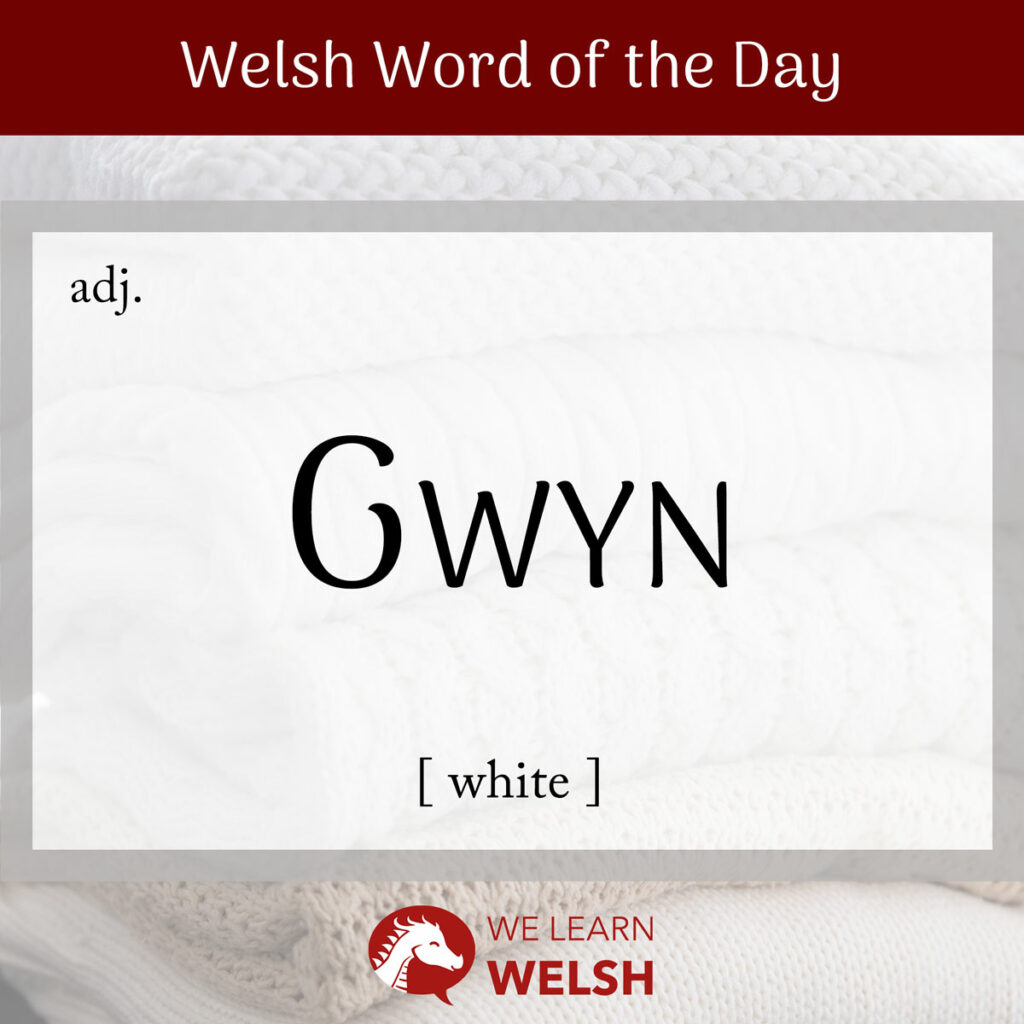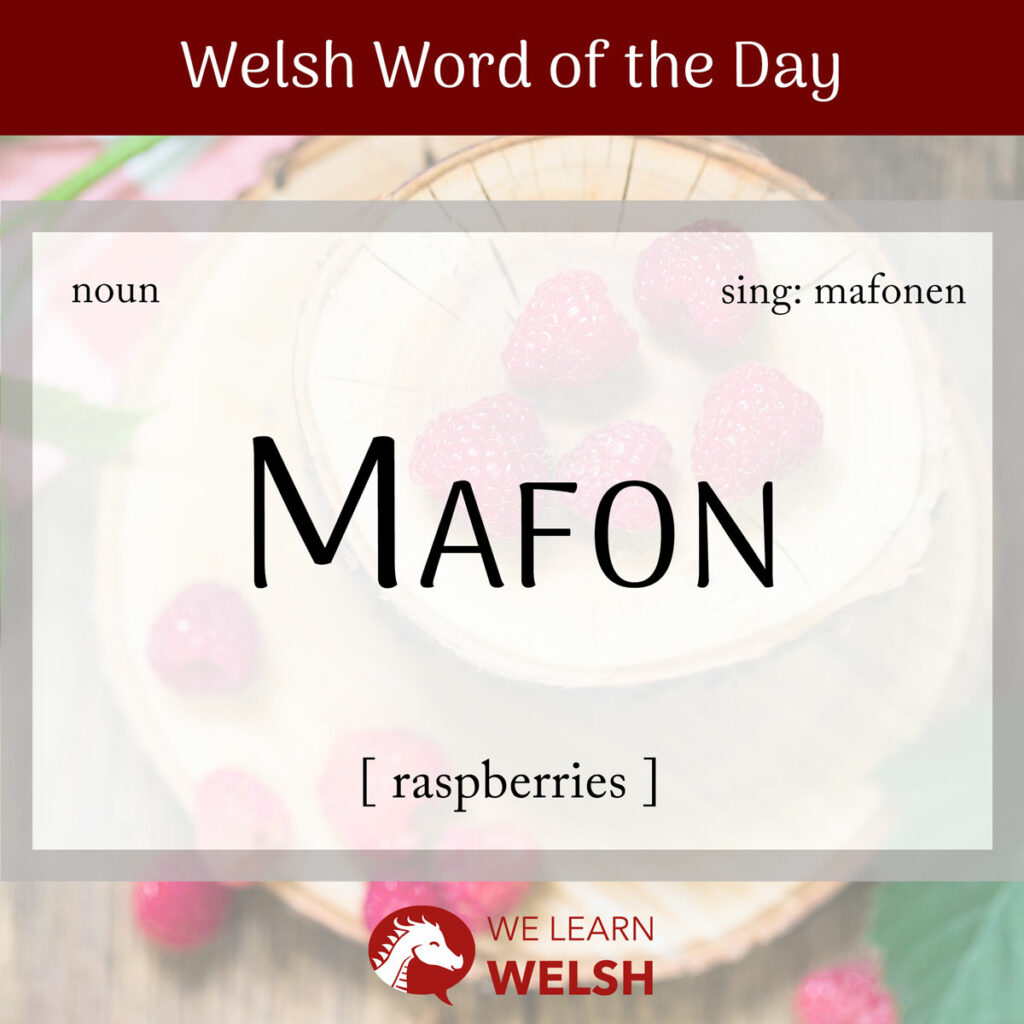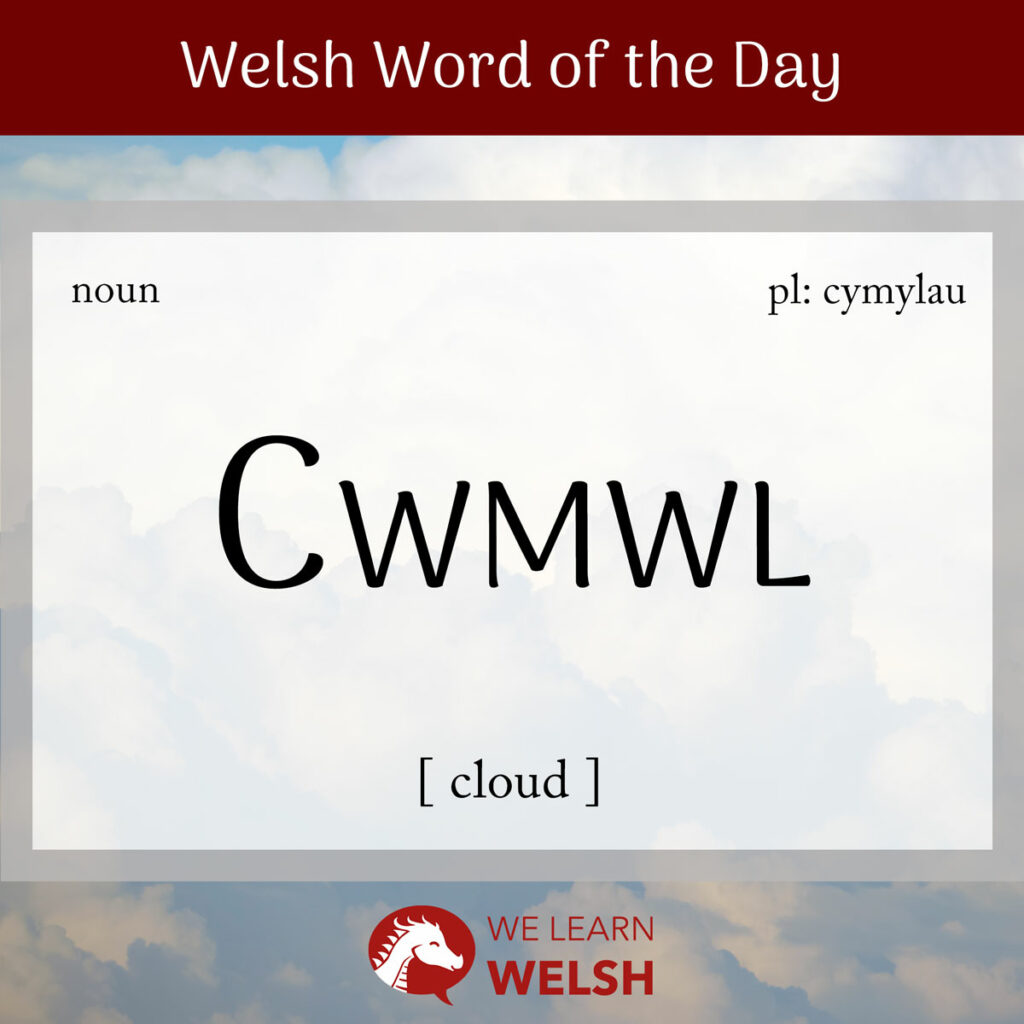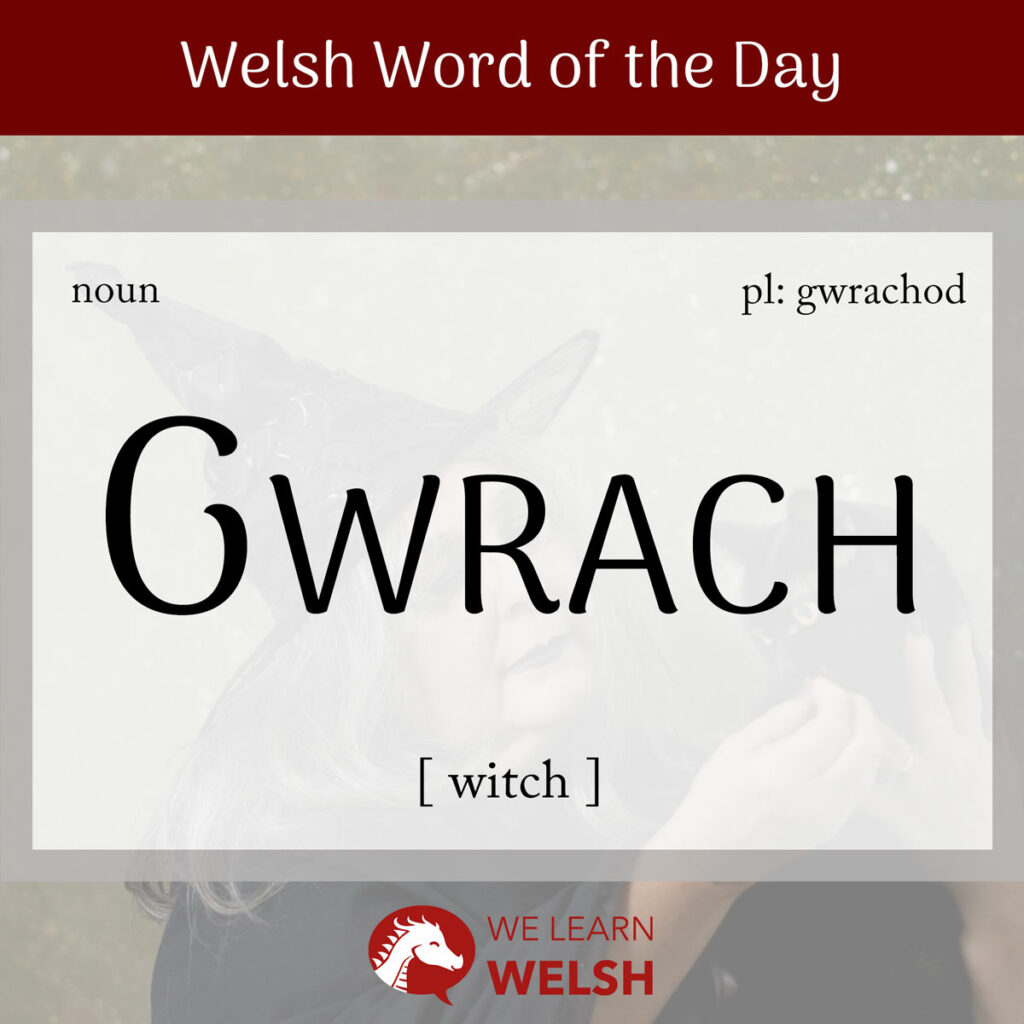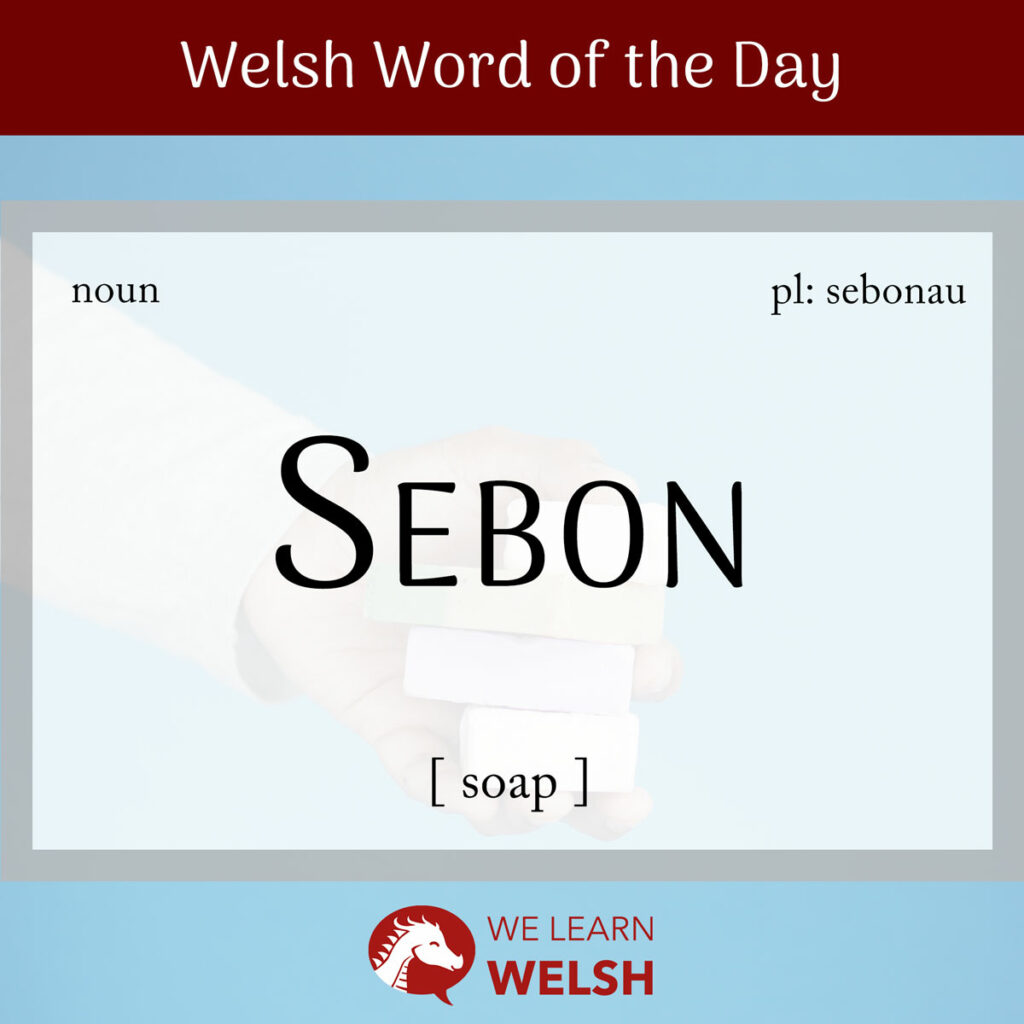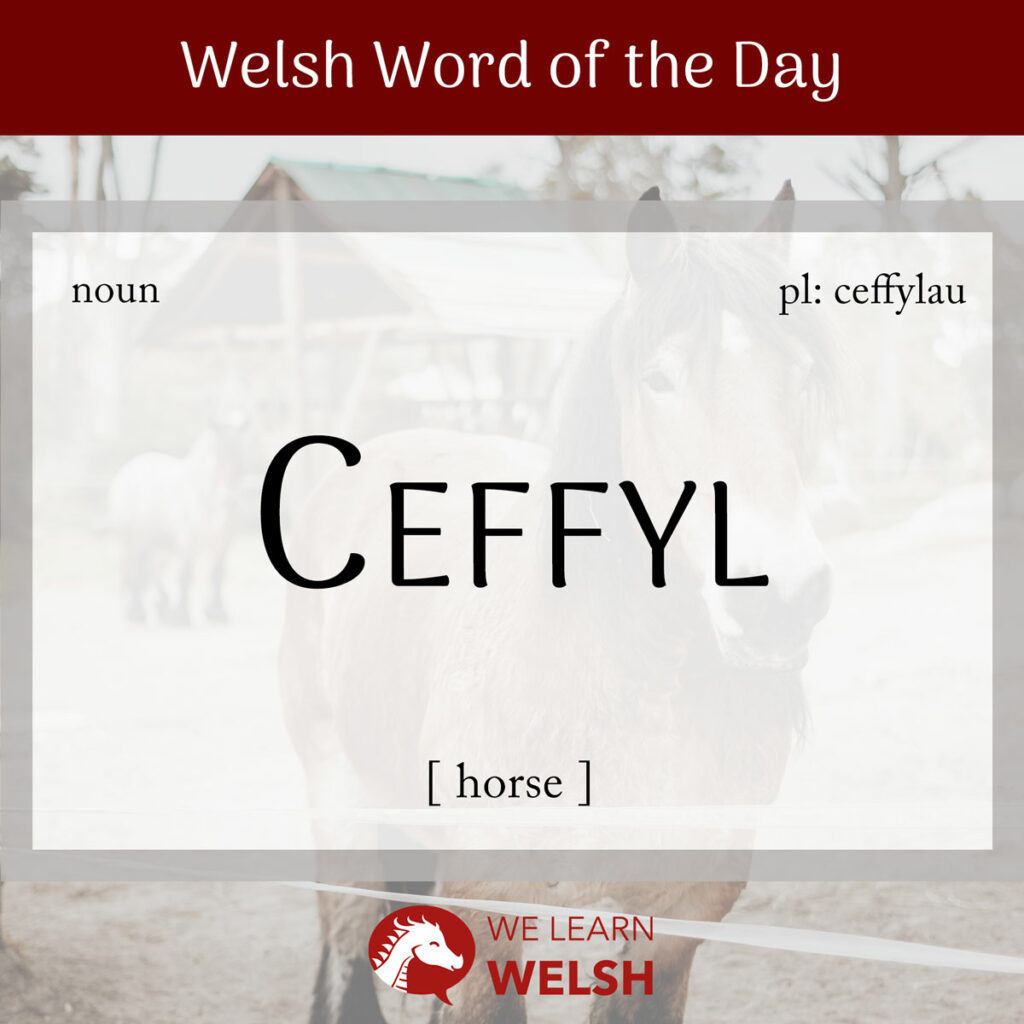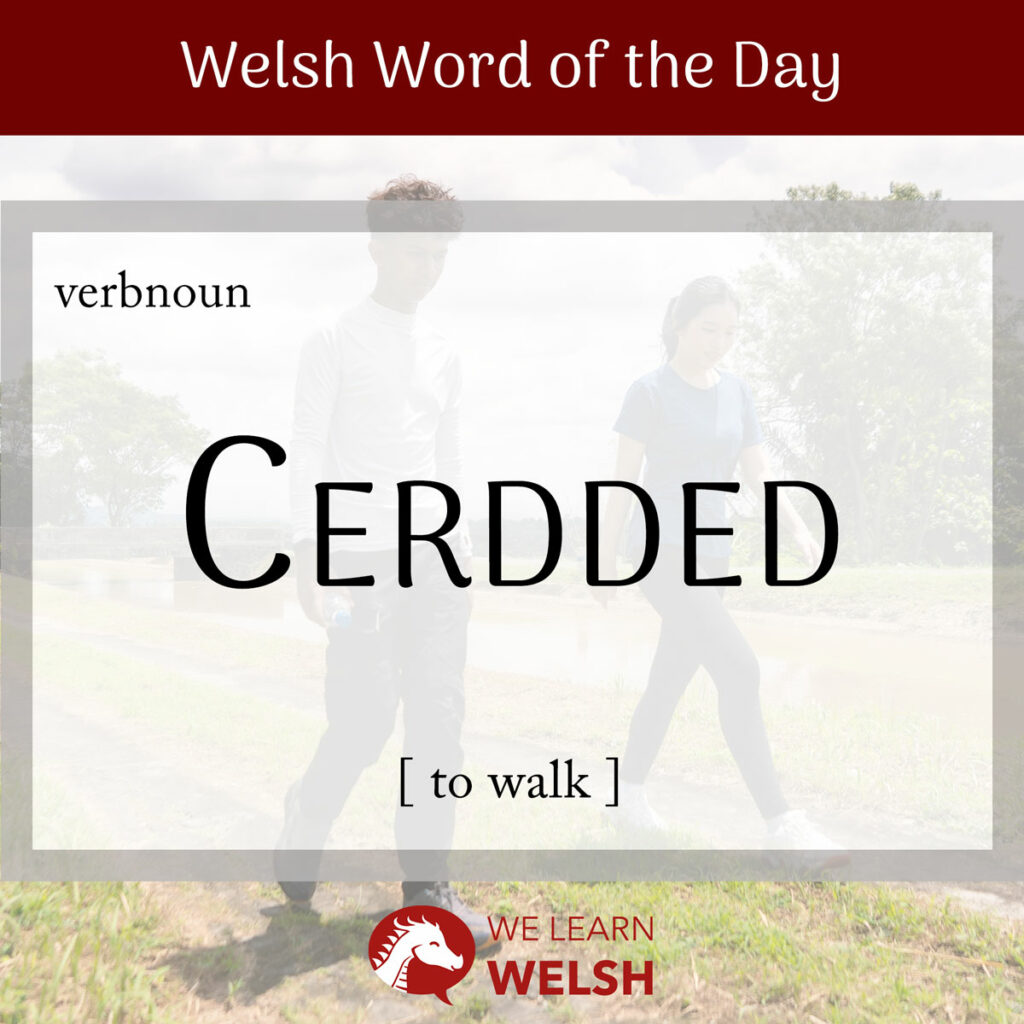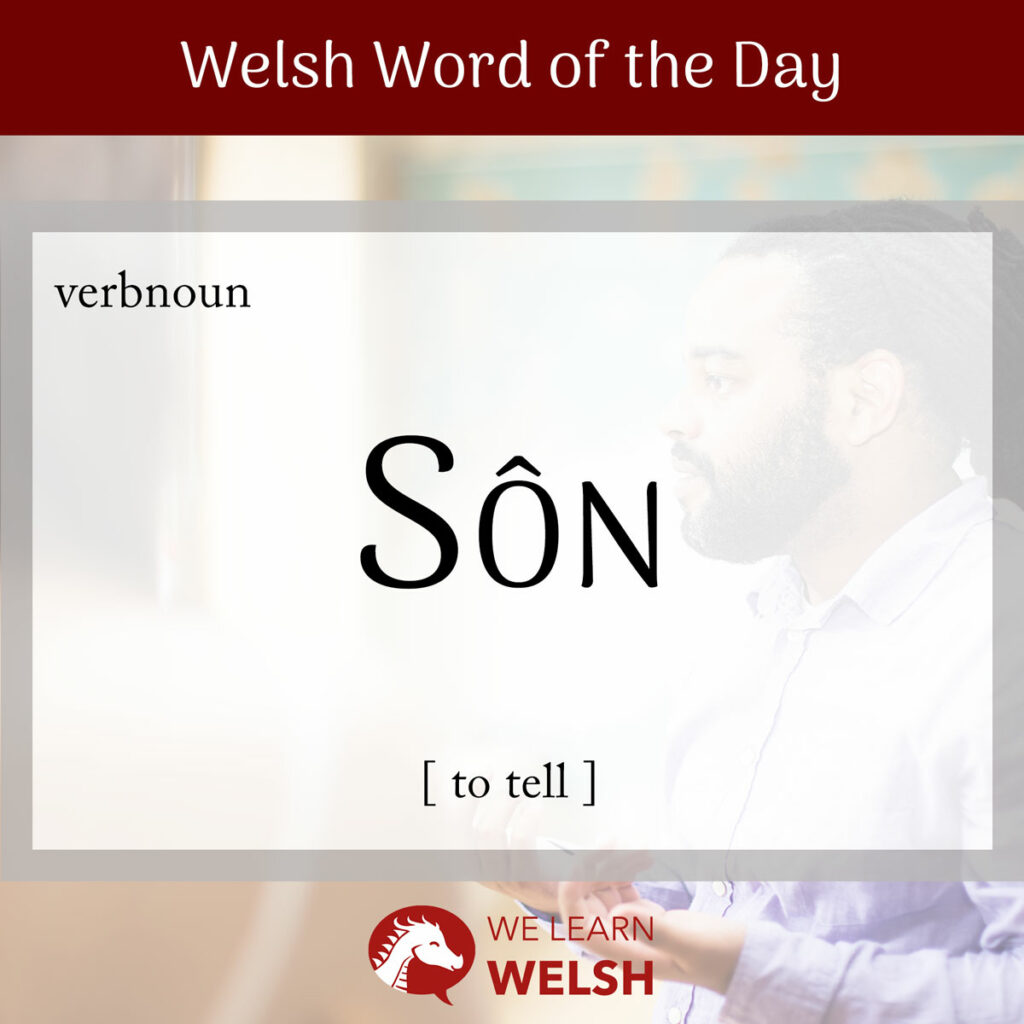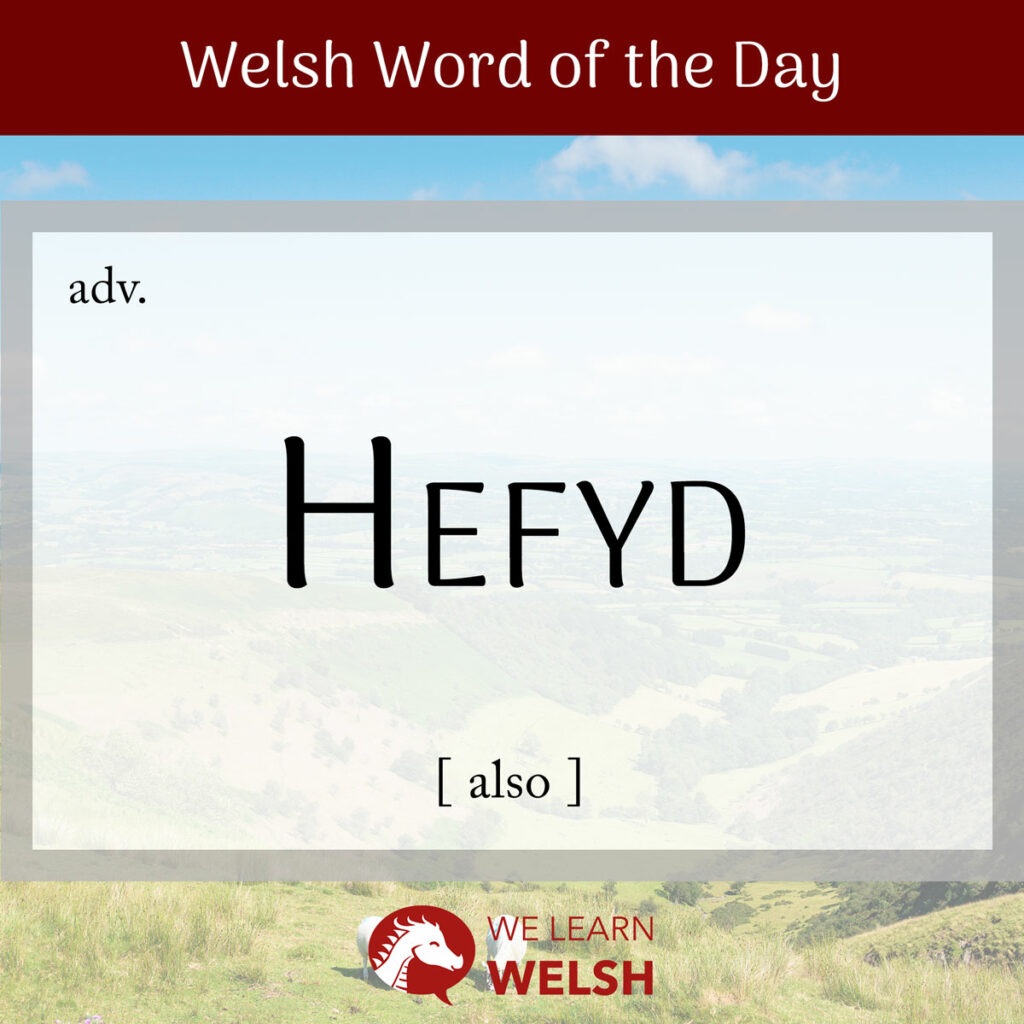Welsh Word of the Day: Gwyn (white)
The word gwyn (white) crops up a lot in Welsh poetry, proverbs, and folklore. This is because, as well as being the simple word for a common lliw (colour), it carries religious and mythical undertones relating to blessings and sacredness. gwyn white Its etymology, on the other hand, is fairly mundane. It comes directly from …

